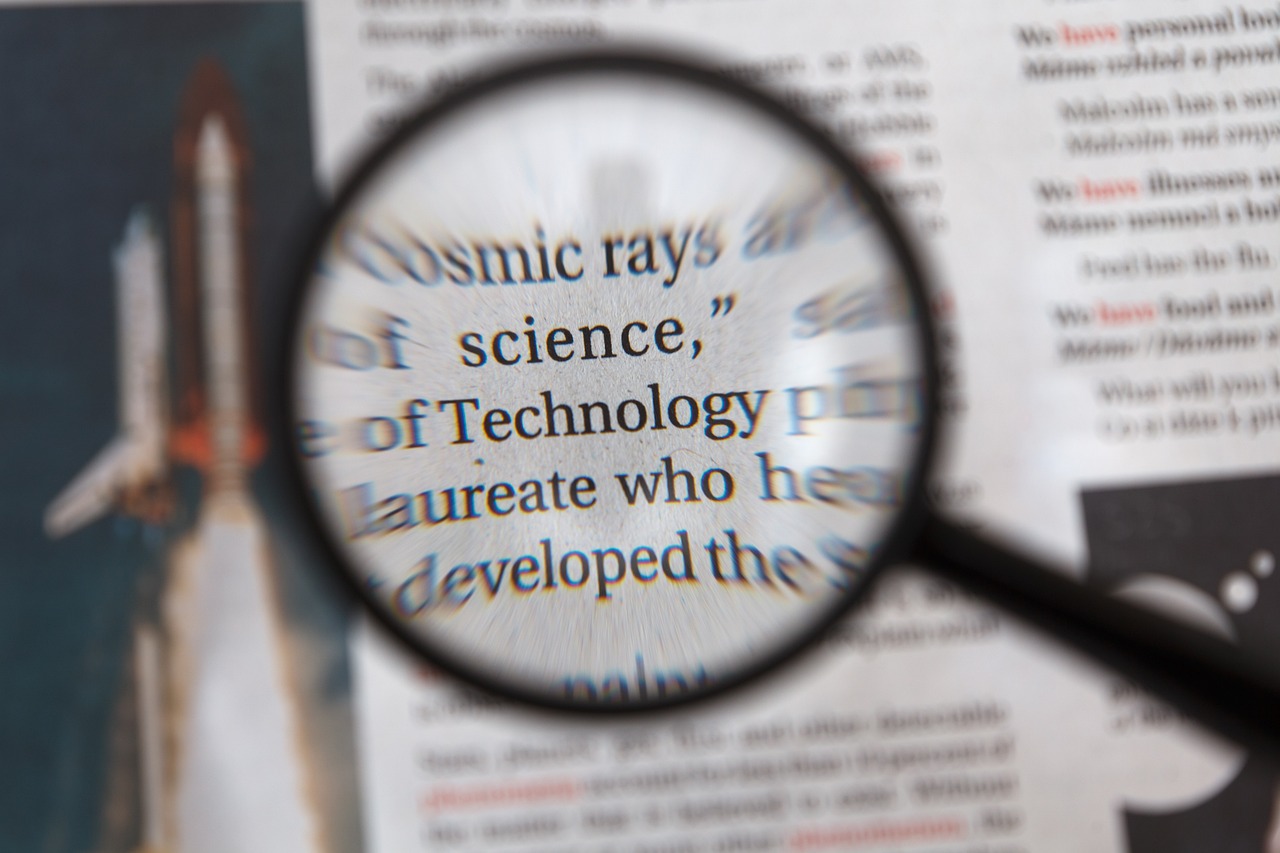The Role of Data Science in Healthcare Analytics
Data science has emerged as a powerful tool in the field of healthcare analytics, revolutionizing the way healthcare organizations collect, analyze, and leverage data to improve patient outcomes, streamline operations, and drive innovation. By harnessing the power of data science techniques such as machine learning, predictive analytics, and data mining, healthcare providers can unlock valuable insights from vast amounts of healthcare data, leading to more informed decision-making and personalized patient care.
One of the key roles of data science in healthcare analytics is in predictive modeling. By analyzing historical patient data, including demographics, medical history, and treatment outcomes, data scientists can develop predictive models that forecast the likelihood of various health outcomes, such as disease onset, hospital readmissions, or medication adherence. These predictive models enable healthcare providers to identify high-risk patients and intervene proactively to prevent adverse health events.
The Impact of Data Science on Patient Care
Data science has the potential to significantly improve patient care by enabling healthcare providers to deliver more personalized and proactive treatments. For example, data science techniques can be used to analyze genomic data to identify genetic markers associated with certain diseases, allowing for targeted therapies and precision medicine approaches.
Furthermore, data science plays a crucial role in healthcare quality improvement initiatives by enabling organizations to analyze clinical outcomes, identify areas for improvement, and implement evidence-based practices. By leveraging data analytics, healthcare providers can monitor and evaluate the effectiveness of clinical interventions, optimize workflows, and enhance patient safety.
Challenges and Opportunities
While data science offers tremendous potential to transform healthcare, it also presents various challenges and considerations. One of the primary challenges is the interoperability and integration of healthcare data from disparate sources, including electronic health records (EHRs), medical imaging systems, wearable devices, and external databases. Data scientists must navigate complex data ecosystems and develop robust data integration strategies to ensure the accuracy, completeness, and reliability of healthcare data.
Another challenge is ensuring the privacy and security of healthcare data, particularly in light of stringent regulatory requirements such as the Health Insurance Portability and Accountability Act (HIPAA). Data scientists must adhere to strict data governance protocols and implement robust security measures to protect sensitive patient information from unauthorized access, breaches, and cyber-attacks.
Future Directions
Looking ahead, data science is poised to play an increasingly prominent role in shaping the future of healthcare analytics. Advancements in artificial intelligence, machine learning, and big data technologies are opening up new possibilities for data-driven healthcare innovation, such as the development of predictive algorithms for early disease detection, personalized treatment recommendations, and population health management.
Furthermore, the proliferation of digital health technologies, such as wearable devices, remote monitoring solutions, and telemedicine platforms, is generating vast amounts of real-time health data that can be leveraged for actionable insights and improved patient outcomes. By harnessing the power of data science, healthcare organizations can unlock the full potential of this wealth of data to drive continuous improvement, innovation, and ultimately, better health outcomes for patients.
FAQs
Q: What is the role of data science in healthcare analytics?
A: Data science plays a critical role in healthcare analytics by enabling healthcare organizations to collect, analyze, and leverage data to improve patient outcomes, streamline operations, and drive innovation.
Q: How does data science contribute to personalized medicine?
A: Data science techniques, such as predictive modeling and genomic analysis, enable healthcare providers to identify genetic markers associated with certain diseases, allowing for targeted therapies and precision medicine approaches.
Q: What are some of the challenges associated with data science in healthcare?
A: Some of the challenges include data interoperability, privacy and security concerns, and the need for robust data governance protocols to ensure the accuracy, completeness, and reliability of healthcare data.
In conclusion, data science is transforming the landscape of healthcare analytics, offering unprecedented opportunities to improve patient care, enhance operational efficiency, and drive innovation. By harnessing the power of data science techniques and technologies, healthcare organizations can unlock valuable insights from healthcare data and pave the way for a healthier future.





